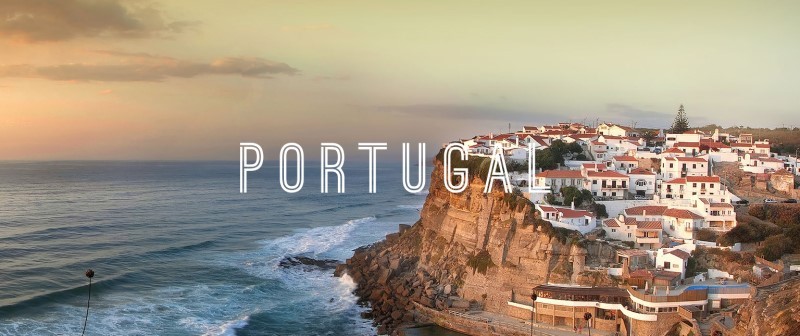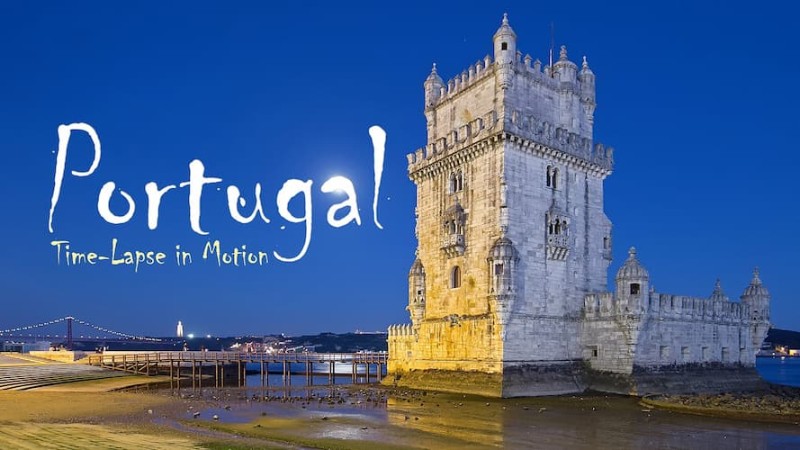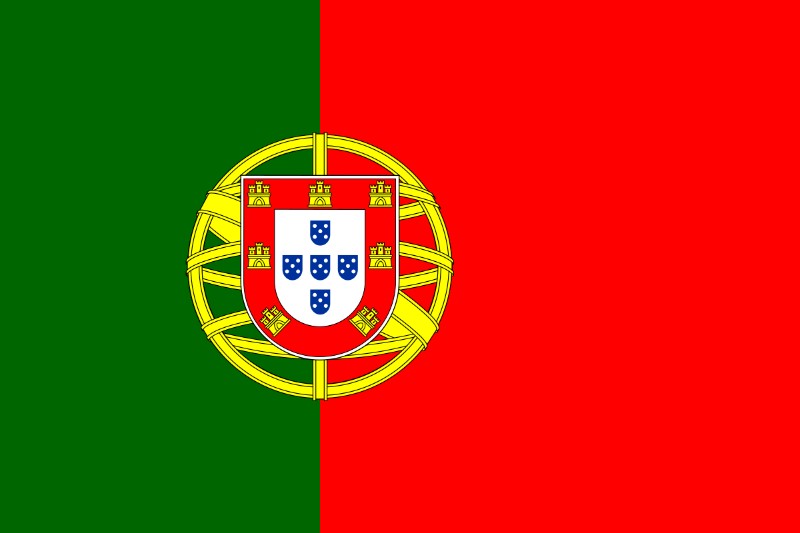Get free consultation
Fill out the form and we will contact you
"What is Portugal called in English?" may seem like a simple question, but it opens up an intriguing story about the origins, history, and identity of one of Europe’s oldest countries. In English, Bồ Đào Nha is called Portugal, a name closely linked to its maritime heritage and vibrant culture. Let’s explore the detailed origin of the name Portugal.
In English, Bồ Đào Nha is called Portugal, a name derived from the Latin Portus Cale, which appeared during the Roman era (2nd century BC). The name can be analyzed as follows:
Portugal is called Portugal in English
Portus: Means “port” in Latin, referring to the strategic location near the mouth of the Douro River, where maritime trade flourished.
Cale: There are several theories about its origin:
Some scholars suggest that “Cale” is related to the Callaeci tribe, who lived in northwestern Iberia.
Another theory proposes that “Cale” comes from the Greek word “kallos,” meaning “beautiful,” describing the scenic beauty of the riverside region.
According to the Cambridge History of Portugal (2023), “Cale” might also have been the name of a small port established by the Phoenicians or Greeks.
By the 9th century, the Portus Cale area became the center of the County of Portucale, part of the Kingdom of Galicia. In 1143, the County of Portucale declared independence, forming the Kingdom of Portugal under the leadership of Afonso Henriques. The name “Portugal” gradually became standardized in English and other European languages.
In Vietnamese, “Bồ Đào Nha” is a Sino-Vietnamese transliteration, inspired by “bồ đào” (grape) and “nha” (state), evoking the image of a prosperous country. According to the Vietnamese Sino Dictionary (2024), the name reflects the cultural exchange between East and West throughout history.
The name Portugal is not just a label but is closely tied to the country’s development across different historical periods:
The name Portugal is closely linked to the development journey of Portugal
Roman era (2nd century BC – 5th century AD): Portus Cale was an important port in the province of Lusitania, serving trade between the Mediterranean and northern Europe. Roman remains, such as the aqueducts in Porto, still exist today.
Moorish period (8th–11th centuries): The Moors occupied the Iberian Peninsula, but the Portus Cale area retained its Christian identity, laying the foundation for the Reconquista movement.
Age of exploration (15th–16th centuries): Under the name Portugal, the country led the era of exploration, with navigators like Vasco da Gama opening routes to India and Brazil. According to the Portuguese National Archives (2024), this period made the name Portugal famous worldwide.
Modern era: Portugal joined the EU in 1986 and the Schengen Area in 1995, strengthening its position as a European cultural and economic hub.
The name Portugal has become a symbol of resilience and exploration, reflecting the national identity across millennia.
The name Portugal represents a country with rich cultural and economic heritage:
Culture: Fado music, the Santo António festival, and cuisine featuring pastel de nata are highlights. Lisbon was ranked 4th among Europe’s top cultural cities by Time Out (2024).
Economy: Tourism contributes 20% of GDP, while technology and startups are rapidly growing (StartupBlink, 2024).
International community: With a large expatriate community, Portugal is highly welcoming, especially in Lisbon and the Algarve.
According to Henley & Partners (2024), Portugal offers one of the most efficient residency programs, with transparent procedures and quick processing times (3–6 months).
Portugal is among the countries with the most effective residency programs
From Portus Cale to Portugal, the name Portugal not only carries historical significance but also represents an ideal country for residency and investment. With the Golden Visa program, Portugal opens the door to Europe for you and your family. Contact quoctichthuhai.com to explore your opportunities for residency in Portugal today!
Fill out the form and we will contact you



